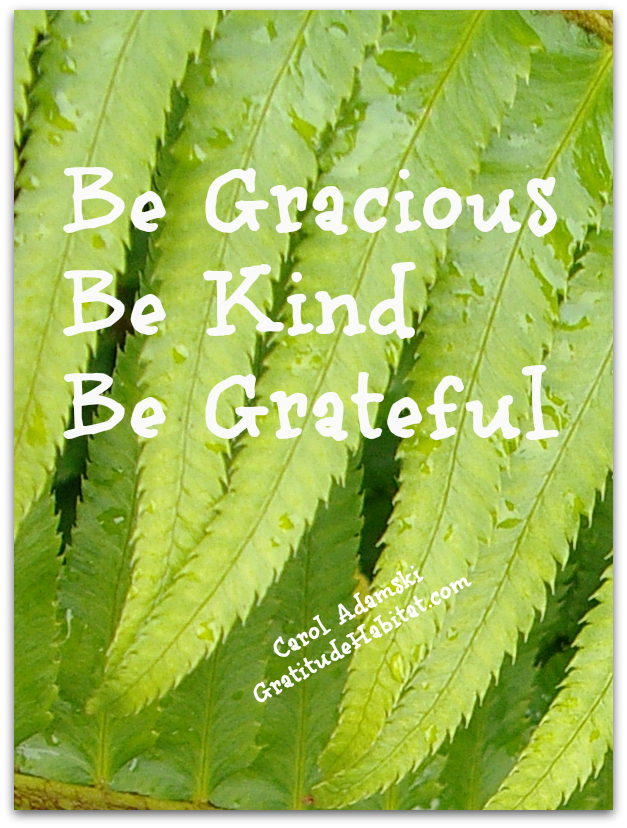Living in Gratitude: 7 Ways to Make the World a Better Place
You make the world a better place by making yourself a better person. ~Scott Scorrell
During our lifetime, each of us makes an impact. One of the most significant impressions we can make is by doing what we can as individuals to make the world a better place.
Here are 7 ways we can have a positive influence.
1. DO NO HARM
If everyone endeavored to achieve this goal, our world would be transformed. We should all strive to live by this motto. Help others. Be patient. Smile more. Say thank you. Be courteous. Make eye contact. Spread kindness, love, and goodwill every day.
2. ENJOY YOUR TIME
Instead of focusing on the negative, look at what is wonderful and amazing. Sure, it’s easy to get caught up in what isn’t going our way, to complain, argue, and get upset or annoyed. Yet by looking and being grateful for the good, we can shift our outlook, enjoying what life has to offer.
3. UPLIFT THE NEXT GENERATION
Being a good parent or grandparent (or an encouraging adult influence if you don’t have children in your life) is a way to positively impact and inspire the younger generation and as such, the world as a whole. Working toward offering youth new and better opportunities, talking to them about what it means to be part of a connected, global world and teaching them to make their own uplifting contributions is a huge payoff for the next generation.






